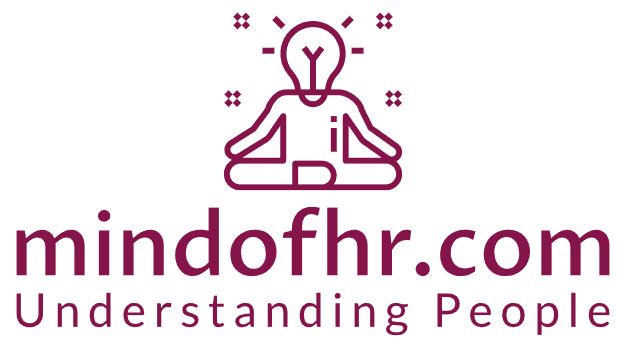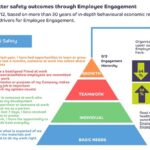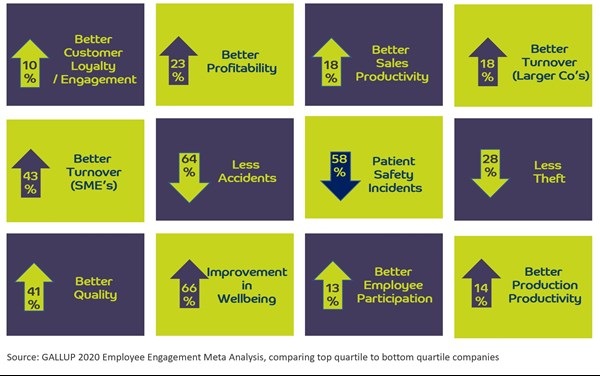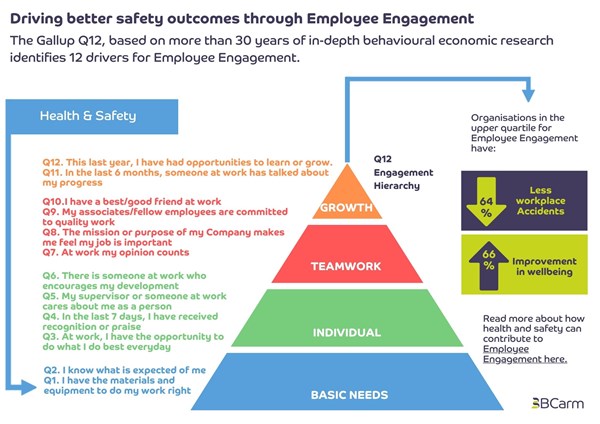In an era defined by relentless change and technological upheavals, the role of Human Resources (HR) has become more critical than ever in steering organizations towards success. The insurance industry, with its intricate risk dynamics and customer-centric services, places unique demands on HR professionals. This comprehensive exploration delves into the dynamic and strategic role of HR in the insurance sector, offering an in-depth comparative analysis with the banking industry to underscore the nuanced differences in their operational paradigms.
The Uniqueness of the Insurance Industry:
The insurance sector stands as a formidable pillar in the global economy, providing risk mitigation and financial security to individuals and businesses. However, the landscape it navigates is far from static, characterized by ever-shifting market conditions, stringent regulatory frameworks, and the perpetual quest for innovation.
- Talent Acquisition and Retention Strategies: In the realm of insurance, where the need for specialized skills is pronounced, HR professionals are charged with the formidable task of sourcing and retaining talent possessing a profound understanding of risk management, actuarial sciences, underwriting intricacies, and claims management. The transient nature of insurance-specific knowledge necessitates an agile and responsive approach to talent acquisition. HR strategies extend beyond conventional recruitment efforts, delving into the creation of comprehensive training programs, career development initiatives, and competitive compensation packages to allure and retain top-tier talent. The ability to foster an organizational culture that values and supports ongoing learning becomes instrumental in attracting individuals who can adapt to the evolving landscape of the insurance industry.
- Skill Development and Training Initiatives: The dynamic nature of the insurance industry requires employees to be equipped with not only specialized technical competencies but also a keen understanding of soft skills crucial in customer interactions. HR, therefore, must spearhead initiatives that facilitate continuous skill development. These initiatives encompass staying abreast of industry-specific regulations, emerging technologies, and customer service best practices. In the insurance sector, HR professionals are instrumental in designing and implementing bespoke training programs that enhance employees’ technical acumen while refining their soft skills. The multifaceted nature of insurance products demands a workforce capable of navigating complexities with finesse, making ongoing training a cornerstone of HR strategy.
- Regulatory Compliance as a Cornerstone: Unlike many other industries, the insurance sector operates in a highly regulated environment where compliance is not merely desirable but non-negotiable. HR plays a pivotal role in ensuring that employees are well-versed in the latest legal and ethical standards, creating a robust compliance culture within the organization. The intricate dance between evolving regulations and the need for operational agility places an additional burden on HR professionals in insurance. They must not only implement comprehensive compliance training programs but also stay vigilant in monitoring changes in regulations to ensure the organization’s adherence.
Differences Between HR in Insurance and Banking:
While HR functions share foundational principles across industries, the nature of the insurance business renders it distinct from banking in several dimensions.
- Risk Management Expertise: In the insurance industry, risk management is not a mere aspect; it’s the very essence of the business. HR professionals in insurance must transcend conventional HR roles, acquiring a deep understanding of the technical intricacies of risk assessment and management to effectively recruit and manage talent. The ability to identify individuals with a nuanced understanding of risk dynamics becomes paramount in an industry where miscalculations can have far-reaching consequences. In banking, while risk management is undoubtedly crucial, the focus may lean more towards financial risk associated with transactions and investments. The nature of risk in insurance involves a profound understanding of probabilistic modeling, actuarial sciences, and the ability to navigate uncertainties inherent in underwriting.
- Product and Service Specialization: The diversity of insurance products, spanning life, health, property, and casualty coverage, demands a tailored approach to talent management from HR professionals. Unlike banking, where products are more standardized, HR in insurance must align recruitment and training strategies with the specific needs of each product line. The nuanced differences in products also reflect in the customer interactions, influencing HR strategies to ensure that employees possess the expertise and communication skills required to navigate sensitive situations, especially in claims processing during challenging times.
- Customer-Centricity in the Insurance Experience:Both industries place significant emphasis on customer service, but the nature of customer interactions in insurance is distinct. Insurance is often associated with pivotal life events, including health crises and property damage. Consequently, HR in insurance must prioritize the development of empathy and interpersonal skills in employees to ensure positive customer experiences, even in the face of adversity.In contrast, the banking sector, while also customer-centric, may not face the same level of emotional complexity in customer interactions. The focus here might be more on financial advice, transactional efficiency, and wealth management.
Conclusion:
In the grand tapestry of corporate success, HR emerges as the master weaver, intricately threading together the human element with organizational strategy. The insurance industry, with its multifaceted challenges, places HR at the forefront of innovation, adaptation, and talent cultivation. As organizations in the insurance sector strive to stay ahead of the curve, HR professionals become architects of resilience, shaping a workforce capable of navigating complexities with finesse.
The comparative analysis with the banking industry underscores that, while foundational HR principles remain constant, the nature of the industry itself necessitates tailored approaches. Banking and insurance, though both financial sectors, diverge significantly in their nuances, reflecting in the strategic imperatives for HR.
In conclusion, the dynamic role of HR in the insurance industry is not just a response to the challenges of today; it’s a proactive stance in shaping the industry of tomorrow. By understanding and addressing the specific needs of the insurance industry, HR becomes the linchpin in the quest for sustained success and resilience in an era defined by change. As organizations in the insurance sector evolve, so must their HR strategies, cementing the vital role HR plays in navigating the intricate landscape of risk, regulation, and customer-centricity.











